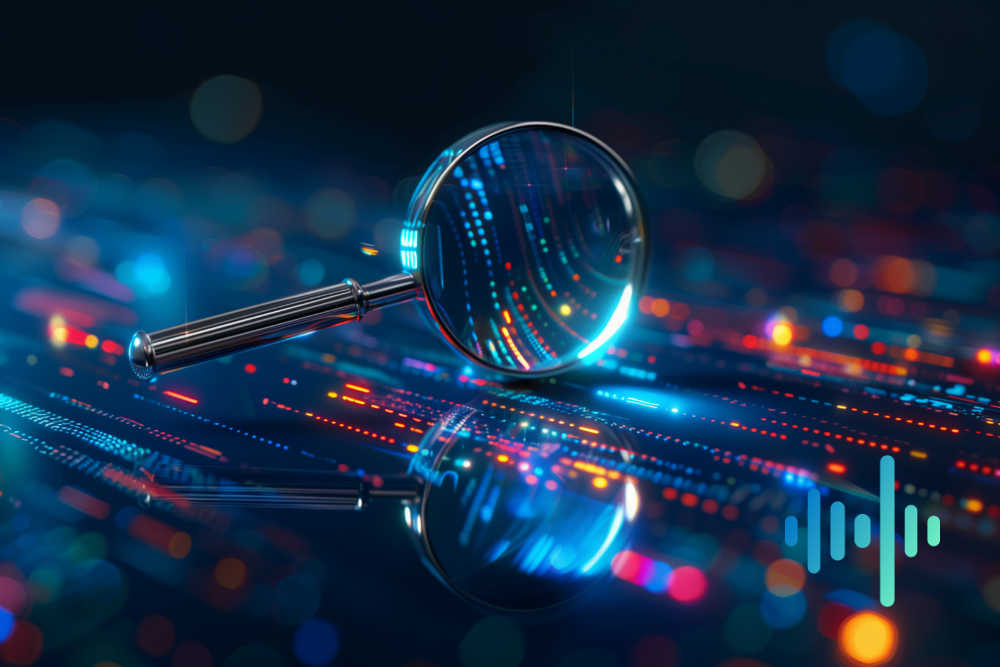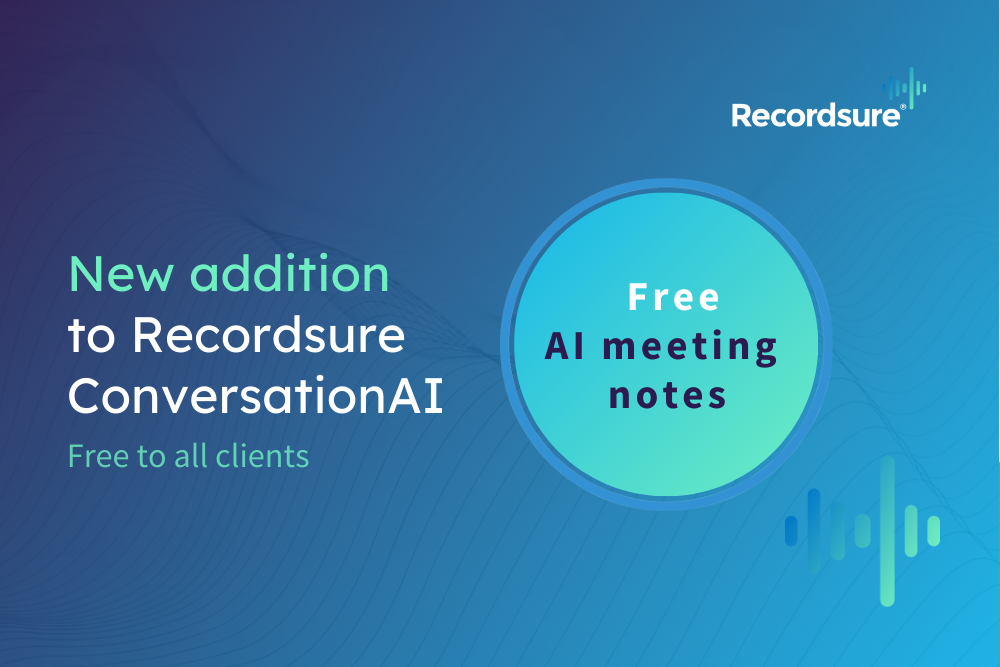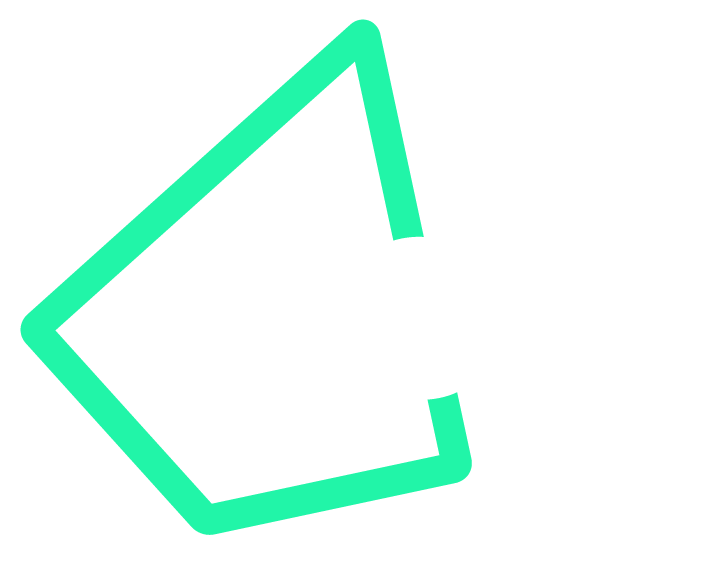Over the next month we’ve been asked to be a part of several RegTech events and seminars, which brought our thinking back to the upcoming implementation of MiFID II and the various challenges it brings for our clients.
The aspect of the Directive with the most disruptive potential is the taping regime and with just under a year to go until implementation it has many in financial services hot-under-the-collar. Joanne Smith, Chief Executive Officer and founder of TCC and Recordsure, explains why despite the initial challenges, the recording requirements in fact present an opportunity to increase competitive advantage. With the right approach and effective use of RegTech solutions, the data derived from these conversations can offer significant insight into your business and customers.
Call recording requirements are set to expand considerably under MiFID II. This involves the inclusion of a greater proportion of firms and staff, additional communication channels and a longer data retention period. There are many solutions available that can meet the requirement of recording conversations between your firm and your clients. However, finding a solution that can help you use those conversations to effectively inform management information makes all the difference between meeting a basic requirement and using it to your advantage. There’s no denying that the potential return-on-investment available requires a higher financial outlay in terms of investment than opting for the cheapest, minimal call recording solution. However, with the right solution you’ll be able to:
- Monitor the capture, storage and usage of those conversations;
- Use the recordings for ongoing compliance monitoring;
- Generate accurate, usable and relevant information about your clients, services/products and staff, upon which you can base business and compliance decisions.
Conversation recording is one of the most accurate forms of information you can gather, but it is not possible to listen to every conversation to draw out the information you can use. The key is to find solutions that combine audio recording with data analytics to identify trends and anomalies, turning it into information.
To this end, the solution you seek should provide:
- Data tagging – audio recordings tagged with data tags to provide searchable points from which you can monitor and retrieve the right recordings easily.
- Data analysis – data mined and analysed from the audio recordings to create usable and relevant management information that is displayed in a visual dashboard.
Recordsure offers all of these benefits and is supported by compliance expertise from financial services compliance specialists TCC.






